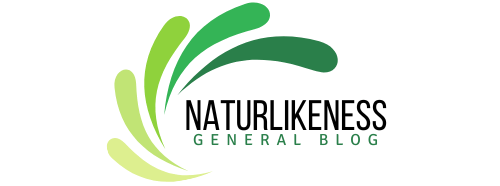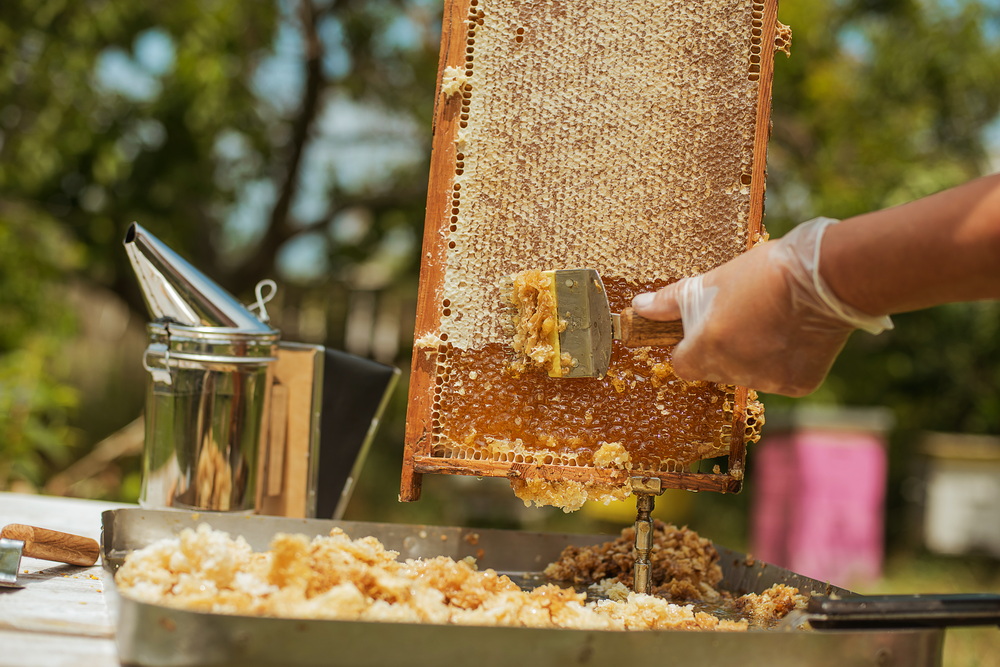With bee endangerment being a very a hot topic right now, many people are of the opinion that harvesting honey is a bad thing to do. Vegans in particular refuse to eat honey as they do not eat any animal byproducts for ethical reasons. So, does that mean that those of us who do enjoy a bit of the sweet stuff are putting the lives of bees at risk?
Should We Stop Eating Honey?
According to many vegans, eating honey is exploitation of bees. They think that humans who harvest honey made by the bees are taking their vital energy source and that this is harmful to bees and could result in their deaths. However, responsible beekeepers will tell you otherwise.
It is important to remember that bees make honey to feed the colony. They will naturally produce more than they need to ensure their survival and are not actually making it for the benefit of humans. But taking surplus honey is not immoral, provided beekeepers leave enough within the hive for the bees to eat over the winter months when they are unable to forage and make more.
What Does Responsible Beekeeping Look Like?
Most people who keep bees do so because they have a genuine interest in them and want to help ensure their survival. For them it is a hobby and one that they make little to no profit from. Yes, they may be able to sell some excess honey, but the time and effort they put in to harvesting and bottling that honey means they are unlikely to make much money at all, particularly if they only have one or two hives.
Those with little experience or knowledge of beekeeping often presume that bees are hurt or killed when honey is harvested, but responsible beekeepers make sure that there are no bees on the honeycomb when they take the honey. They might simply shake the frames lightly to remove any bees or use a soft brush designed to gently nudge them off the frame and back into the hive.
Some beekeepers will invest in more expensive methods of safely removing the bees, particularly if they have quite a few hives and want a less time-consuming way of harvesting honey. Special bee blowers, fume boards, or escape boards can be effective ways to remove all bees from frames so that honey can be harvested.
Does Responsible Beekeeping Help Bee Survival?
Although beekeeping does nothing for the survival of wild bees, it is vital to the survival of the honeybee. Those who practice responsible beekeeping are helping to ensure these insects continue to pollinate crops, which are essential for local food production.
However, with more and more people becoming interested in beekeeping, there is a worry that this could affect wild bee populations. The more domesticated honeybees there are in one area, the greater the impact will be for wild bees because they will all be competing for the same food source. Furthermore, honeybees are less effective at pollinating than wild bees are. This is because of how efficient wild bees are when it comes to collecting pollen and taking it back to their hive.
Should You Buy Honey?
Buying honey from local beekeepers and keeping it as a treat rather than an everyday item is recommended by the good folk at bee jewelry maker Project Honey Bees, who donates proceeds to help with bee conservation. Avoid buying commercially produced honey as there is no way to tell if bees were harmed during harvesting. Additionally, mass-produced honey does not contain the beneficial nutrients that local honey does, due to it being highly processed.

